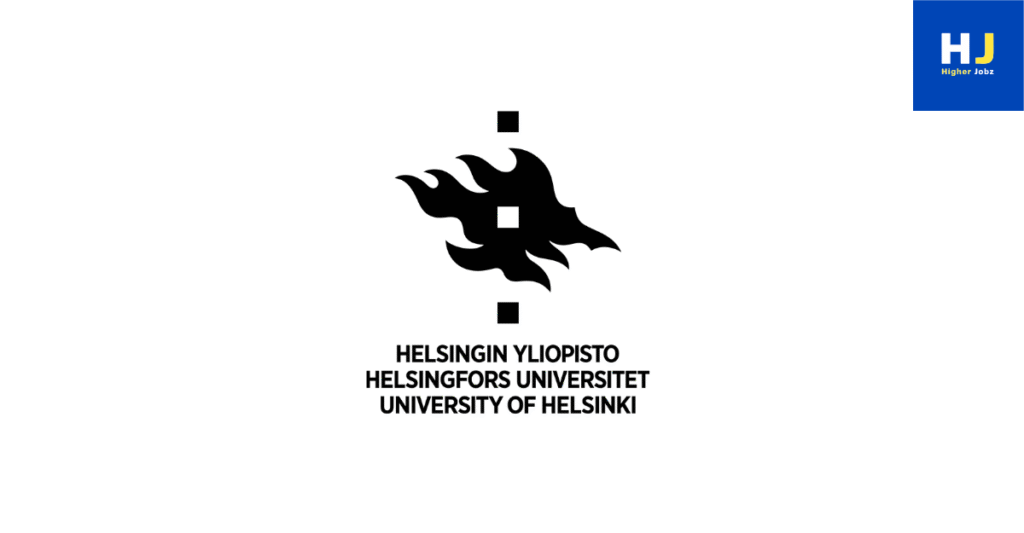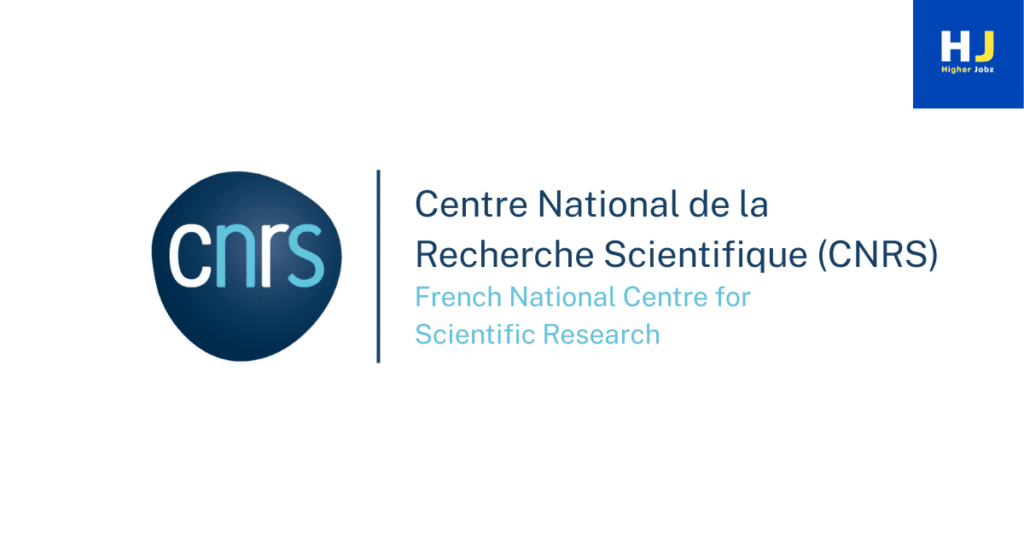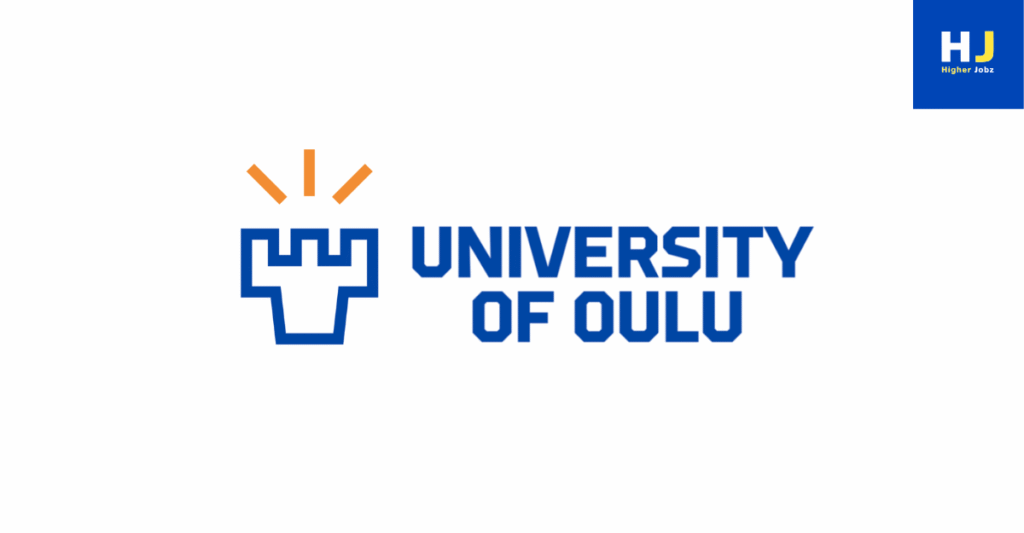About the Program
The Finnish Museum of Natural History (LUOMUS) at the University of Helsinki is offering a fully funded PhD position in Environmental Archaeology and Isotope Studies. Beginning in January 2026, this 3.5-year doctoral project is part of the TERMITOSPHERE project, led by Dr. Risto Vesala and funded by the Research Council of Finland. The research examines how East-African termite mounds influence greenhouse gas fluxes and nitrogen cycling, highlighting their role in biogeochemical processes. Combining stable isotope methods, archaeological perspectives on ecosystems, fieldwork in Kenya, and interdisciplinary collaboration, the project contributes to understanding past and present human–environment interactions. This is a unique opportunity to join a leading research team at the University of Helsinki and contribute to globally significant debates on climate change, ecosystems, and sustainability.
Program Details
- Position: Fully-funded PhD Position / Doctoral Researcher
- Institution: University of Helsinki
- Department/Faculty: Finnish Museum of Natural History (LUOMUS)
- Supervisor: Dr. Risto Vesala
- Location: Helsinki, Finland (with fieldwork in Kenya at the Taita Research Station)
- Start Date (Anticipated): January 2026
- Duration: Approximately 3.5 years (until August 2029)
- Funding: Full funding, salary €2500–2700/month (increases as PhD progresses)
- Working Hours: Full-time (University of Helsinki standard)
- Required Degree/Diploma: Master’s degree (or equivalent) in ecology, microbiology, biochemistry, archaeology, or related discipline
Research Focus/Area
- Stable isotope studies in environmental and archaeological contexts
- Greenhouse gas fluxes in African termite mounds
- Methane and nitrogen cycles in semi-arid savannas
- Biogeochemistry and microbial ecology
- Climate change and ecosystem sustainability
Eligibility & Qualifications
Minimum Requirements:
- Master’s degree (or equivalent) in ecology, microbiology, biochemistry, archaeology, or related fields
- Completed degree by end of 2025
- Strong proficiency in written and spoken English
Preferred Qualifications:
- Research experience with stable isotopes, environmental archaeology, or gaseous samples
- Fieldwork experience, especially in challenging environments
- Data analysis and publication record
- Strong collaboration and independent research skills
Key Features of the Program
- Fieldwork in Kenya’s East-African savannas
- State-of-the-art stable isotope laboratories in Helsinki
- Access to international networks and collaborations
- Funding for conferences, training courses, and mobility
- Multidisciplinary and supportive research environment
- Opportunities for professional development at the University of Helsinki
Application Process
How to Apply:
Applications must be submitted via the University of Helsinki recruitment system (Apply Now button on the official call).
Required Documents:
- One-page cover letter (motivation, background, suitability)
- Curriculum Vitae with contact details, degrees, publications, and thesis links
- Copies of degree diplomas
- Contact details (and optional letters) of two referees
Important Dates
- Applications Open: Ongoing
- Deadline: 22 September 2025
- Interviews: October 2025
- Start Date: January 2026
Where to Apply
- University Website: University of Helsinki
- Official Notification: click here
- Application Portal: Apply Now
Know about more PhD Opportunities: HigherJobz




